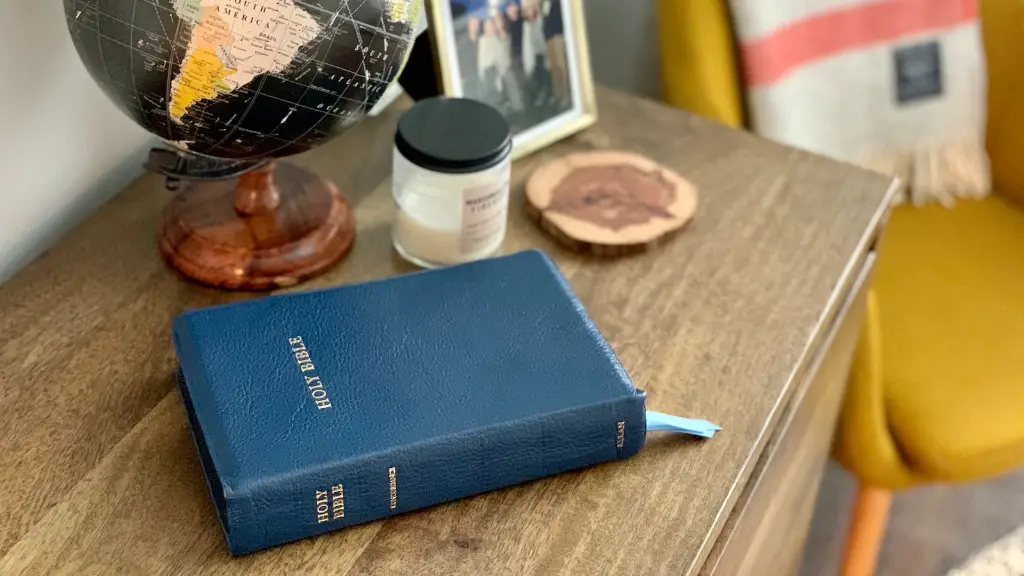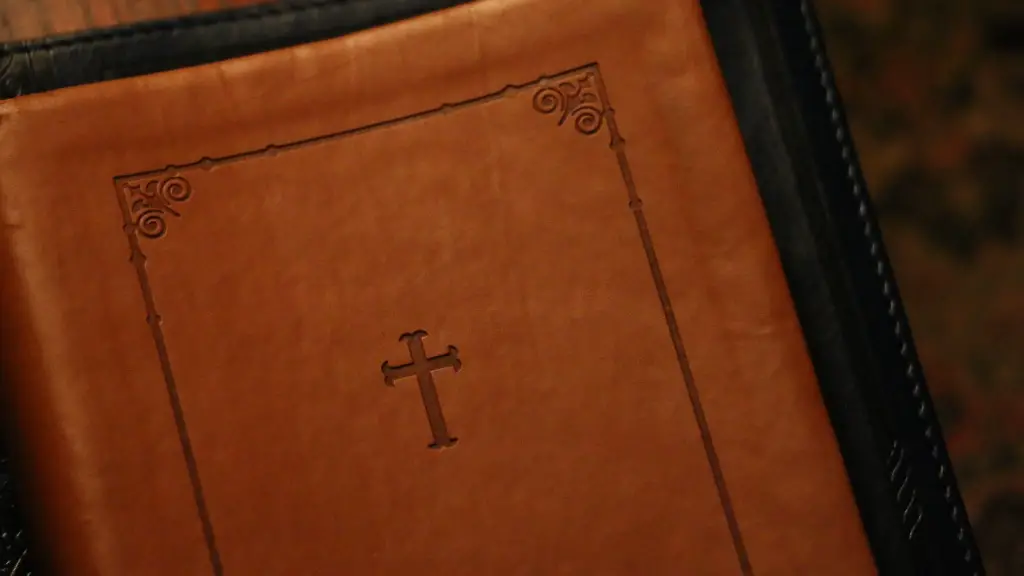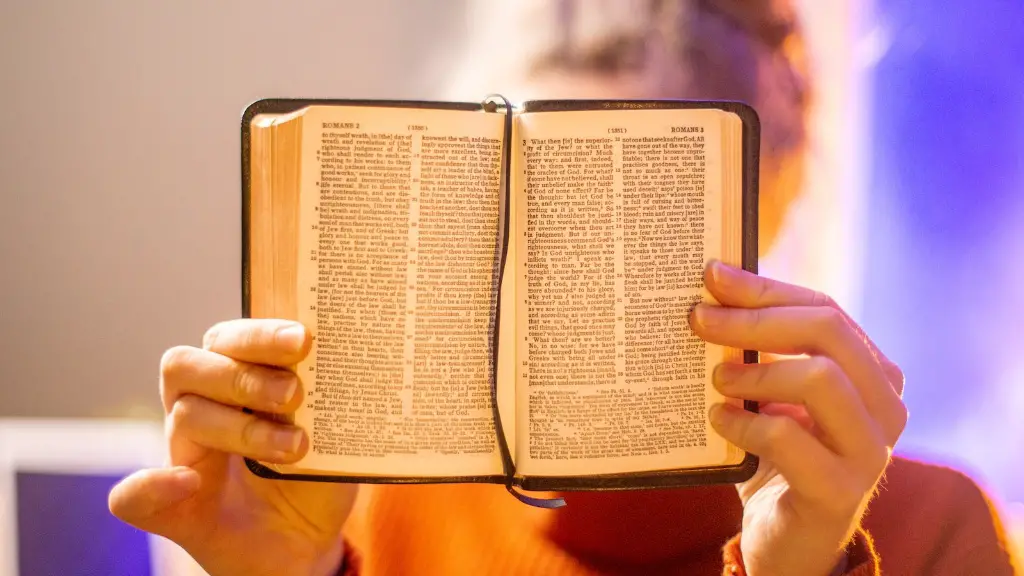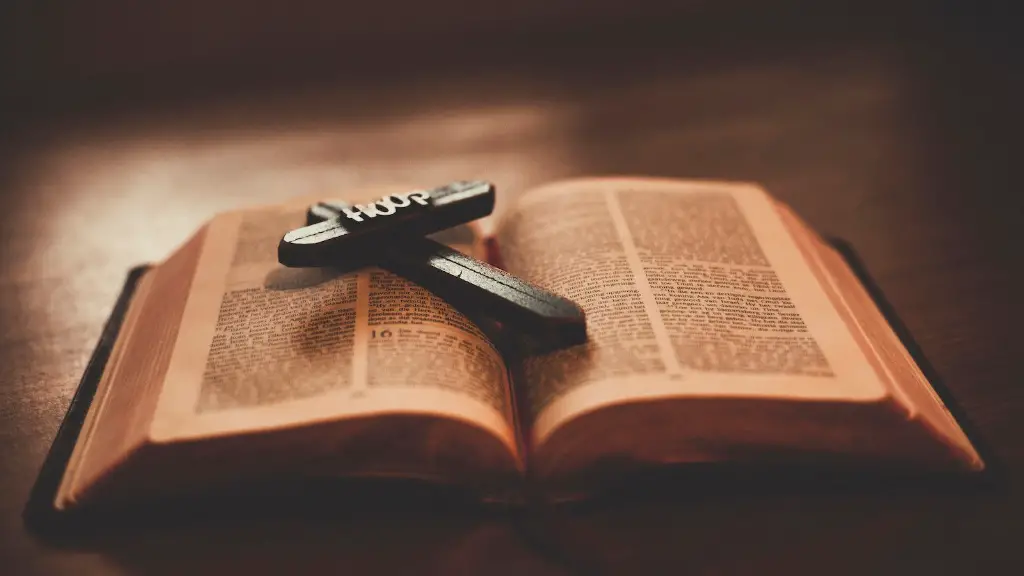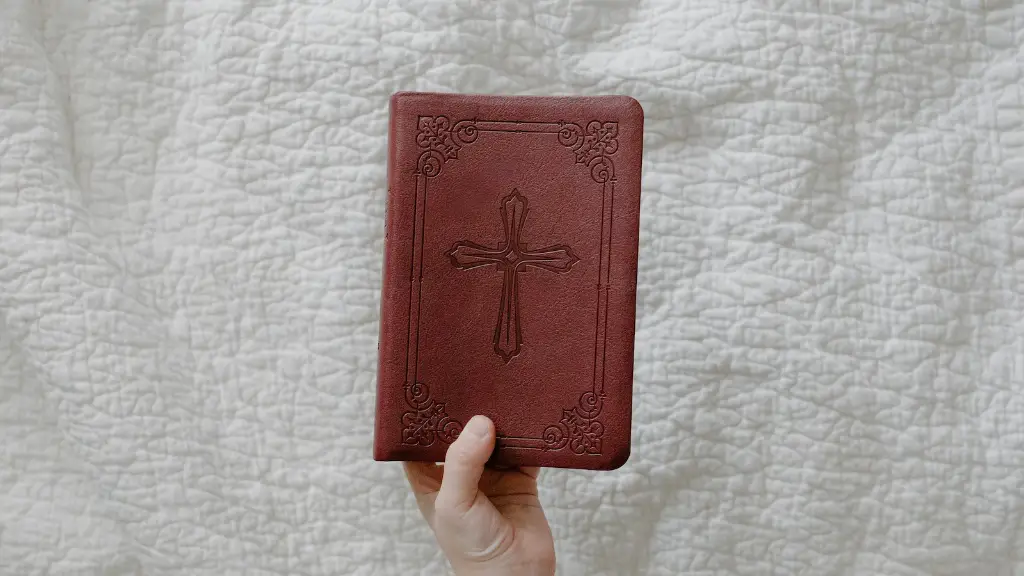There has been much debate surrounding the question of whether or not the Bible should be banned from schools. Proponents of banning the Bible from schools argue that it is a religious text and as such, it has no place in a public school setting. They also argue that the Bible contains outdated and sexist language that is not appropriate for children. Opponents of banning the Bible from schools argue that the Bible is an important historical text that should be studied in schools. They also argue that the Bible contains valuable moral lessons that can be beneficial to children. Ultimately, the decision of whether or not to ban the Bible from schools is a controversial one that will likely continue to be debated.
No, the Bible is not banned in schools.
Where are Bibles banned?
In some, mostly Muslim states, censorship of the Bible exists today, such as in Saudi Arabia where the distribution of non-Muslim religious materials such as Bibles is illegal. Afghan Christians practice in secret. Bibles are not sold publicly.
The Supreme Court has long recognized that the public school classroom is a unique environment that is particularly susceptible to the dangers of proselytization. As Justice Abe Fortas wrote in 1968, “it might well be said that one’s education is not complete without a study of comparative religion or the history of religion and its relationship to the advancement of civilization.”
In order to ensure that public schools do not cross the line into promoting religion, the Court has adopted a three-part test, known as the Lemon test, to determine whether a particular practice violates the Establishment Clause. The test has three prongs:
1) The government practice must have a secular purpose;
2) The primary effect of the practice must be neither to advance nor inhibit religion; and
3) The practice must not result in an “excessive entanglement” between the government and religion.
If a government practice fails any one of these prongs, it is unconstitutional.
The Lemon test has been the primary tool used by the Court to strike down government practices that run afoul of the Establishment Clause. However, the test is not without its critics, who argue that it is too vague and that it has been used to strike down practices that are not actually problematic
Why is the Bible a banned book
The American Library Association (ALA) has revealed that the Bible is among the books most often challenged and called to be banned in US libraries and schools, on grounds of “the sex and violence it contains, and mostly for the legal issues it raises. The Bible has been a target of censors since its earliest days, and continues to be so today. Its opponents argue that it is a dangerous book that can lead to harm, and that it should not be made available to children.
The Roman Emperor Diocletian was a fierce opponent of Christianity and sought to stamp it out during his reign. In AD 301-304, he ordered the burning of thousands of copies of the Bible and decreed that all Bibles should be destroyed. Any home with a Bible in it was to be burned, and Diocletian even built a monument over what he thought was the last surviving Bible. This persecution of Christians and destruction of their sacred texts was one of the darkest moments in Christian history.
Can I bring a Bible to jail?
Generally speaking, Bibles are allowed in prisons. However, inmates are not allowed to bring their personal Bible to prison with them. If they wish to obtain a Bible or other religious materials, they can do so through the chaplain or, in some cases, the prison library.
There are a few things to consider when thinking about having Bibles in your classroom library and teaching about religion in an objective way. First, you want to make sure that the Bibles are balanced and have an academic purpose. Second, you may want to use sacred/religious music, literature, and historical figures to help teach about religion in an objective way.
When did they stop reading the Bible in schools?
In 1963, the Supreme Court ruled that state-sponsored prayer in public schools was unconstitutional. This ruling led to the current prohibition on prayer in public schools. The 1963 ruling was based on the First Amendment of the Constitution, which prohibits the establishment of religion by the government.
The Cincinnati Bible War was a conflict between liberal and conservative Protestants in the 19th century. After the War, liberal Protestants became increasingly wary of Bible study in public schools. However, the Bible continued to be read in some US schools until the Supreme Court stepped in and declared the practice unconstitutional in 1963.
What are the 14 books removed from the Bible
The Vatican Insider is a blog run by Gian Maria Vian, the Director of the Press Office of the Holy See. In a recent post, Vian revealed the truth about why the Vatican removed 14 books from the Bible.
According to Vian, the decision to remove these books was made in the 16th century by a commission of scholars appointed by Pope Paul III. The commission was tasked with comparing the different versions of the Bible then in circulation and determining which books should be included in the official Catholic Bible.
The commission ultimately decided to remove the 14 books listed above because they felt these books were not originals written by the biblical authors themselves. Additionally, they felt these books were not consistent with the other books in the Bible in terms of style and content.
Vian goes on to say that the Vatican has no plans to reverse this decision, and that the 14 books in question will remain outside the Bible for Catholics.
This is an interesting topic to explore. It is interesting to note that the most banned and challenged book for 2020 was George by Alex Gino. This book is about a transgender child who must come to terms with his identity. It is a powerful story that speaks to the struggles many transgender people face. It is understandable why this book would be banned or challenged in some communities, as it does push against traditional gender norms. However, it is important to remember that banning or challenging a book does not make it disappear; it only makes it more difficult for people to access. In the end, it is up to the individual to decide whether or not to read a book.
Is the Bible the most banned book of all time?
It is truly disturbing that the Bible, of all books, is now the most banned book in America. To ban a book is to ban creativity and to stifle free thought. The Bible contains so much wisdom and knowledge, and to prevent people from accessing it is a travesty. It is essential that we stand up against book banning and fight for the right to freedom of expression.
Despite skeptical claims that the Bible has often been changed through the centuries, the physical evidence tells another story. The New Testament records are incredibly accurate, and we have copies of the manuscripts that show that the Bible has been transmitted accurately throughout history.
How accurate is the Bible
Modern archaeology has indeed helped to confirm the historicity of the Bible, even down to small details. There have been many archaeological discoveries in recent years that have lent support to every book of the Bible. This is not to say that there are no disputed areas or that everything in the Bible has been confirmed by archaeology, but there is a growing body of evidence that supports the Bible as a historically reliable document.
It is difficult to understand why Jonah was so angry with God for showing mercy to Nineveh. Perhaps he felt that they deserved punishment and that God was being too lenient. Or maybe he was worried that they would not repent and would continue to live in sin. Either way, Jonah’s anger was misplaced. God is merciful and just, and He knows what is best for us. We should trust in His wisdom and give thanks for His mercy, even when we don’t understand it.
Do you have to swear to God in court?
In the United States, it is not legal for a judge to require an oath on a bible from a witness. For a significant portion of the United States’ history, many states did not permit non-believers to give testimony in court. Over time, state by state, those religious requirements began to fall away.
There are a number of different bibles in the public domain that you can use for your work. However, there are also a number of bibles that are under copyright that you will need to get permission to use. When deciding which bible to use, you will need to consider how much of the text you need to use and whether you can get permission to use the copyrighted bibles.
Warp Up
There is no universal answer to this question as policies on religious materials in schools vary from country to country. In some countries, such as the United States, the Bible is not banned from schools but is instead simply not given preferential treatment; however, in other countries, such as Saudi Arabia, the Bible is strictly banned in all educational institutions.
There is no clear answer to this question as it depends on the interpretation of the law. Some people believe that the bible should be banned in schools as it is a religious text, while others believe that it should be allowed as it is a historical document. Ultimately, it is up to the individual school district to decide whether or not to allow the bible in their classrooms.
